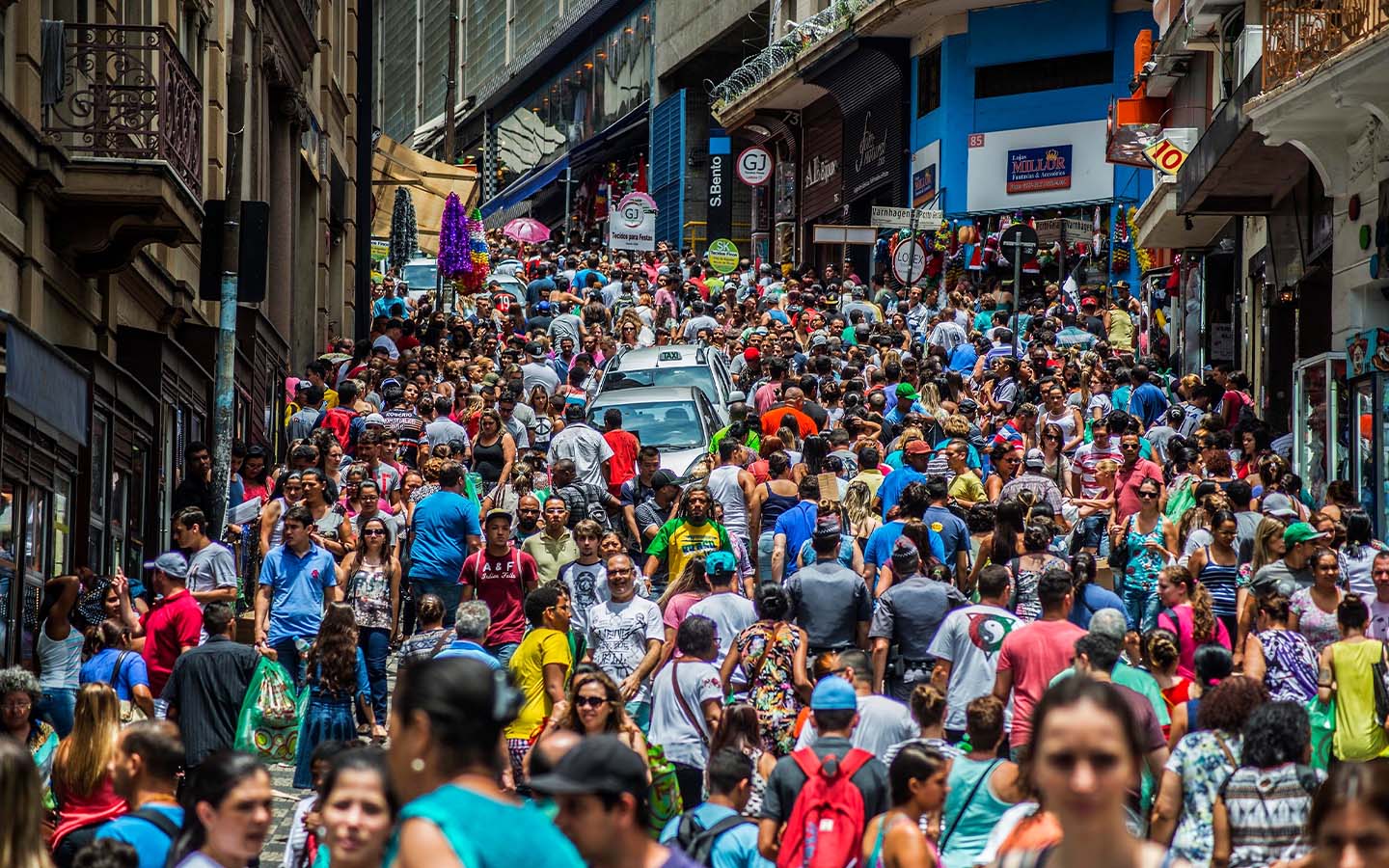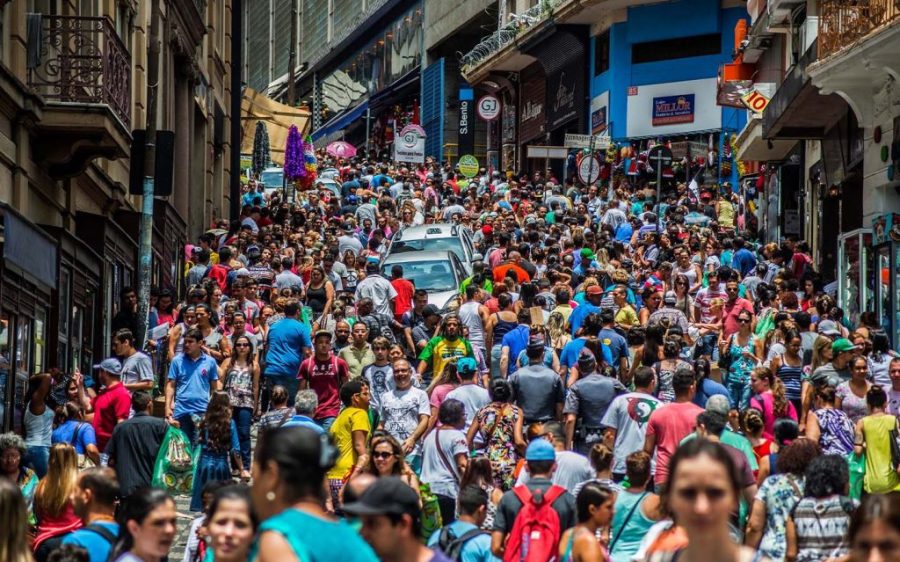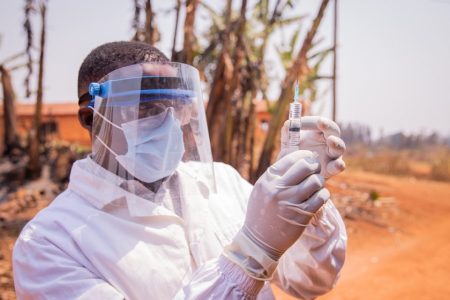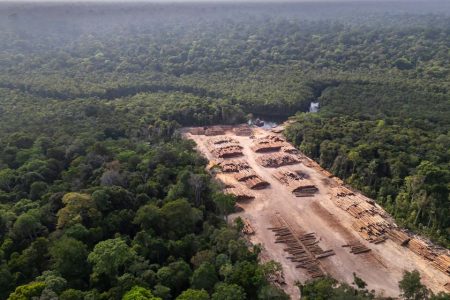Brazil has climbed five spots in the UN’s annual Human Development Index (HDI) report, showing record improvements in some categories even as others remain persistently low.
The South American giant came in at 84th in the latest report released by the United Nations Development Program (UNDP), with an HDI score of 0.786. The HDI measures life expectancy at birth, educational attainment and per capita income to generate a score between 0 and 1 that reflects a country’s average achievement in these key dimensions of human development.
The 193 countries evaluated are split into very high human development (above 0.800), high human development (0.700–0.799), medium (0.550–0.699) and low (below 0.550), placing Brazil in the second-highest category, just 0.014 points short of breaking into the highest category and 0.030 points above the average for 2023 (0.756), the year evaluated by the most recent iteration of this complex indexes.
Brazil also comes in just above the average for Latin American and Caribbean countries (0.783), which saw 10 countries among the 74 that make up the highest development category, led by Chile at 45th with a score of 0.878.
[See more: Cabo Verde deemed ‘freest’ country in Africa by US political advocacy group]
Brazil’s improvement is largely down to gains in income and life expectancy, which increased by nearly a full year. From 74.47 years to 75.85, the highest ever recorded in Brazil, topping the peak set just before the Covid-19 pandemic of 75.81 years in 2019. Per capita income, which is pinned to a constant 2021 purchasing power parity (PPP) to allow for clear comparisons and across times and locations, also increased by around 2.3 percent over the previous year and nearly 5 percent over pre-pandemic figures.
Where Brazil struggles is in inequality and education. Despite an expected 15.79 years of schooling in the country, the average remains stagnant at just 8.43 years, well below the double-digit averages seen among nearly all countries in the highest development category – only six of the 74 countries come in at less than 10 years and the top five average well over 13 years (13.64).
Social inequality is another persistent problem for Brazil, which plummets 21 spots in the ranking when its HDI score (0.786) is adjusted for inequality (0.594), illustrating the stark difference between the national average and the experiences of many Brazilian people. Municipalities in the south and southeast, home to Brazil’s largest cities and industrial cores, tend to fare better in terms of health, education and income than those in the north and northeast.
Despite this, Brazil remains solidly ahead of every fellow lusophone country save Portugal, which took the 40th spot with a score of 0.890. Most Portuguese-speaking countries fell into the medium human development category, including Equatorial Guinea (133), Cabo Verde (135), São Tomé and Príncipe (141), Timor-Leste (142) and Angola (148). Only two – Guinea-Bissau (174) and Mozambique (182) – fell into the lowest category, both improving their scores by just 0.003.






